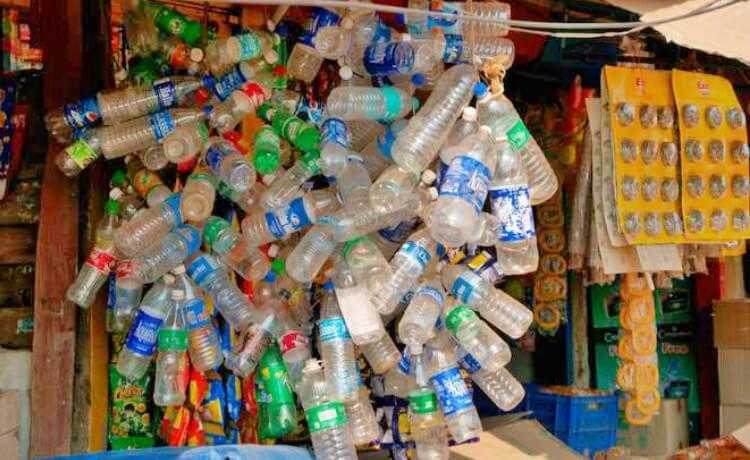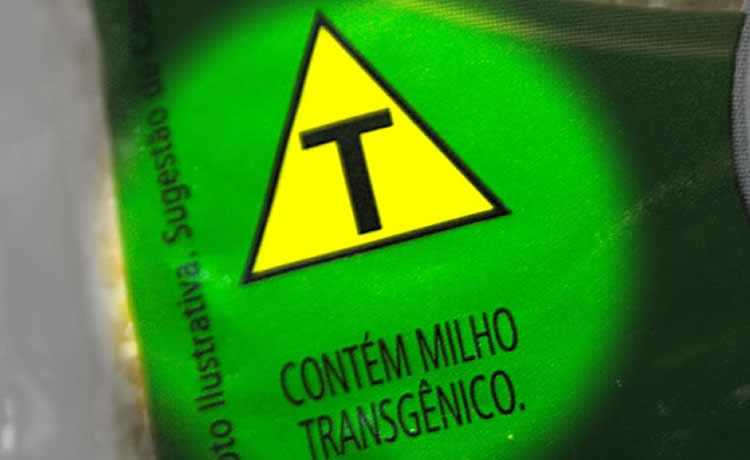What are organic fertilizers, advantages and disadvantages
Organic fertilizers are sustainable for use in agriculture and you can produce them at home and still reduce your waste and emissions.

Organic fertilizers are fertilizers obtained from animal or vegetable raw materials and may or may not be enriched with nutrients of mineral origin. Organic fertilizers are basically divided into a few main types and you can produce them at home (even in apartments) and still reduce your waste generation and greenhouse gas emissions!
- What are greenhouse gases
Fertilizers
Fertilizers, according to Embrapa, are all mineral or organic substances, natural or synthetic, that provide one or more nutrients for plants.
Organic fertilizers, in turn, are all products of a fundamentally organic nature, obtained by a physical, chemical, physicochemical or biochemical process, natural or controlled, from raw materials of industrial, urban or rural, vegetable or animal, enriched or not with mineral nutrients.
- Humus: what it is and what are its functions for the soil
These are just general definitions of what fertilizers are, but within the category of organic fertilizers there are several types, which you can check below:
Types of Organic Fertilizers
Simple Organic Fertilizers
Simple organic fertilizers are those fertilizers obtained from natural plant or animal matter such as leftover leaves, manure, among others; containing one or more plant nutrients.
Mixed type organic fertilizers
Organic fertilizers of the mixed type are those fertilizers obtained from fundamentally organic matter, made by mixing two or more simple organic fertilizers, containing one or more plant nutrients.
Compost type organic fertilizers
Composite type organic fertilizers are those fertilizers produced from natural or controlled physical, chemical, physicochemical or biochemical processes. These processes can be produced from raw materials of industrial, urban or rural, animal or vegetable origin, isolated or mixed, and may be enriched with mineral nutrients, active principles or agents capable of improving the physical, chemical or biological characteristics of the fertilizer .
Organomineral Fertilizers
Organomineral fertilizers are those resulting from the physical mixture or combination of mineral and organic fertilizers.
Sewage Sludge Fertilizers
Sewage sludge fertilizers are composite organic fertilizers formed from sanitary sewage treatment systems, which result in products that are safe to use for organic agriculture.
- Know what organic agriculture is, its benefits and advantages
Organic Vermicompost Fertilizers
Vermicompost organic fertilizers are fertilizers resulting from the digestion of organic matter from plant residues, manure and other organic residues by earthworms.
- Earthworm: environmental importance in nature and at home
Organic Waste Fertilizers
Organic waste fertilizers are obtained by separating the organic part of solid household waste and composting it, resulting in a product for safe use in agriculture and meeting the established limits for contaminants.
For this type of fertilizer, vermicomposting techniques (a technique that uses earthworms, which is hygienic and safe) or dry composting can also be used.
- Vermicomposting: what it is and how it works
But the best thing is that you can reduce about 60% of your household waste by producing organic fertilizers at home, even if you live in an apartment. In addition, the technique of composting organic waste or vermicomposting (which helps to accelerate the decomposition process by microorganisms) also contributes to reducing the emission of greenhouse gases such as methane gas.
- What is compost and how to make it
Advantages of organic fertilizers
Studies show that the use of organic fertilizers increases soil biodiversity, with the emergence of microorganisms and fungi that contribute to plant growth. In addition, in the long term, there is an increase in soil productivity, unlike what happens with conventional inorganic fertilizers.
To learn more about this other type of fertilizer (inorganic and conventional), take a look at the article: "What are conventional fertilizers?".
The use of non-organic fertilizers is associated with impacts beyond food production. Among them are: the degradation of soil quality, the pollution of water sources and the atmosphere, and the increase in pest resistance.
- What are organochlorines?
In general, the use of non-organic fertilizers causes degradation through persistent organic pollutants (POPs), such as dioxins and heavy metals in their composition, which contaminate animals and plants that live in the water. Other animals or humans themselves can become contaminated by drinking water or eating poisoned animals. Studies have already shown the accumulation of cadmium present in fertilizers in New Zealand soil.
- The danger of POPs
Contamination of water can also lead to its eutrophication. This is a process in which, according to studies, nitrogenous or phosphate compounds, upon reaching rivers, lakes and coastal areas, favor the growth and increase in the number of algae, which in turn lead to a decrease in oxygen and the death of several organisms. . Some environmentalists claim that this process creates "dead zones" in aquatic environments, without any life other than algae.
Studies show that phosphate and nitrogen fertilizers can also cause dependence on the soil, by killing microflora organisms such as the fungus mycorrhiza and several bacteria that contribute to soil richness and plant development. Acidification is also one of the problems and would cause the loss of soil nutrients.
Disadvantages of organic fertilizers
Other research claims that one of the disadvantages of organic fertilizers is their composition. If not manufactured correctly, it may contain pathogens.
Furthermore, the amount of nutrients present in organic fertilizers is not exact and, unlike what happens with inorganic fertilizers, they may not be available when needed. This means that there is no use of this type of fertilizer in modern intensive agricultural production.
Although on a much smaller scale, this type of fertilizer, like inorganic ones, causes soil acidification and can release nitrous oxide into the atmosphere.
Anyway, the consensus is that organic fertilizers are still the sustainable alternative for agriculture.
- Organic urban agriculture: understand why it's a good idea










